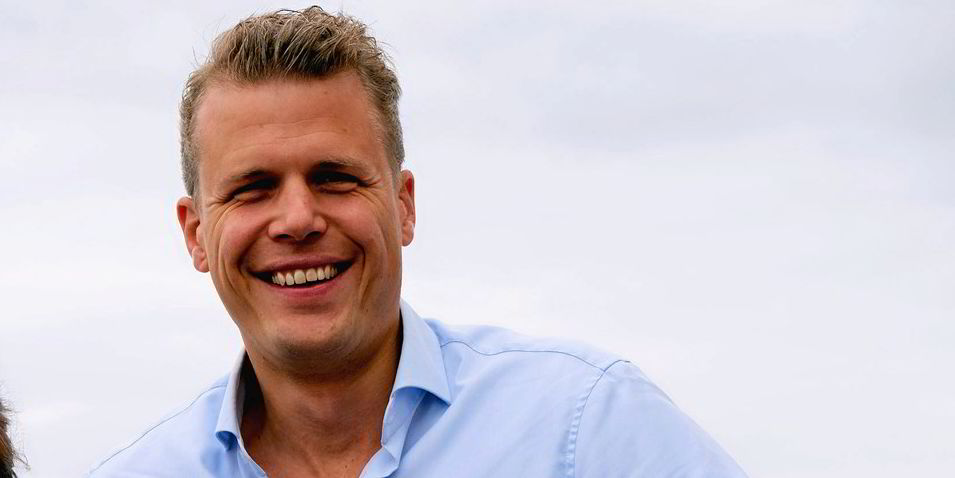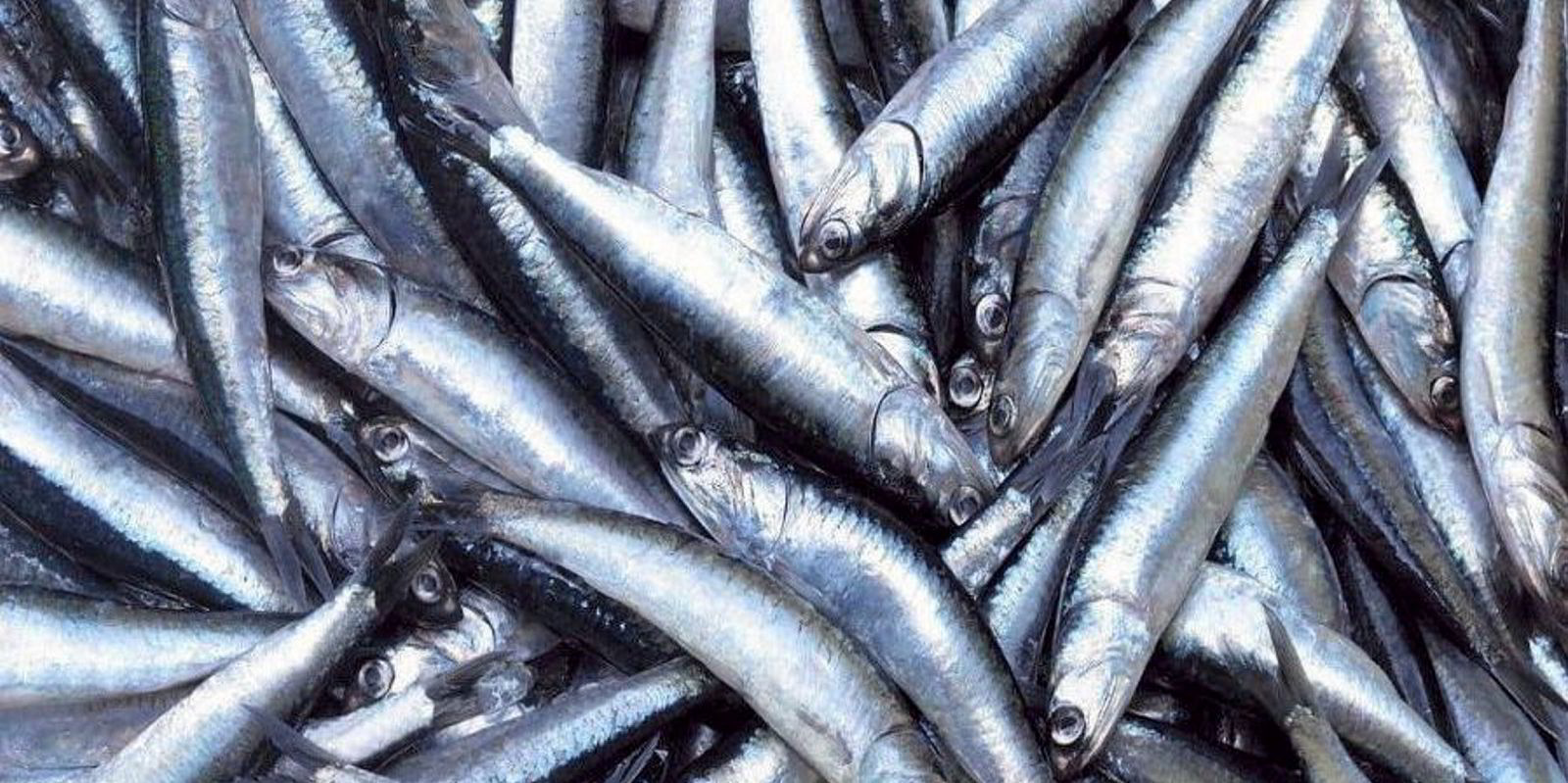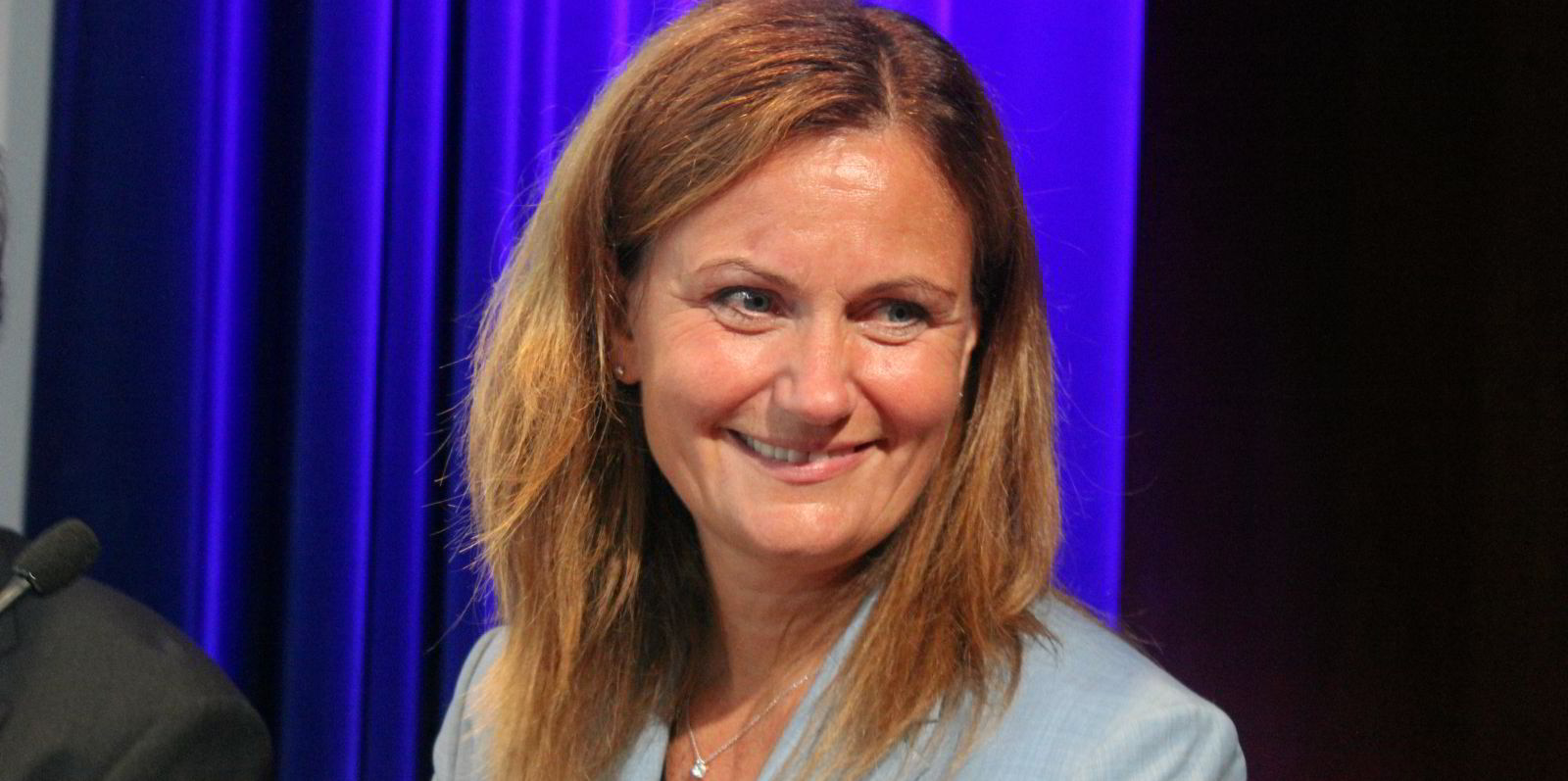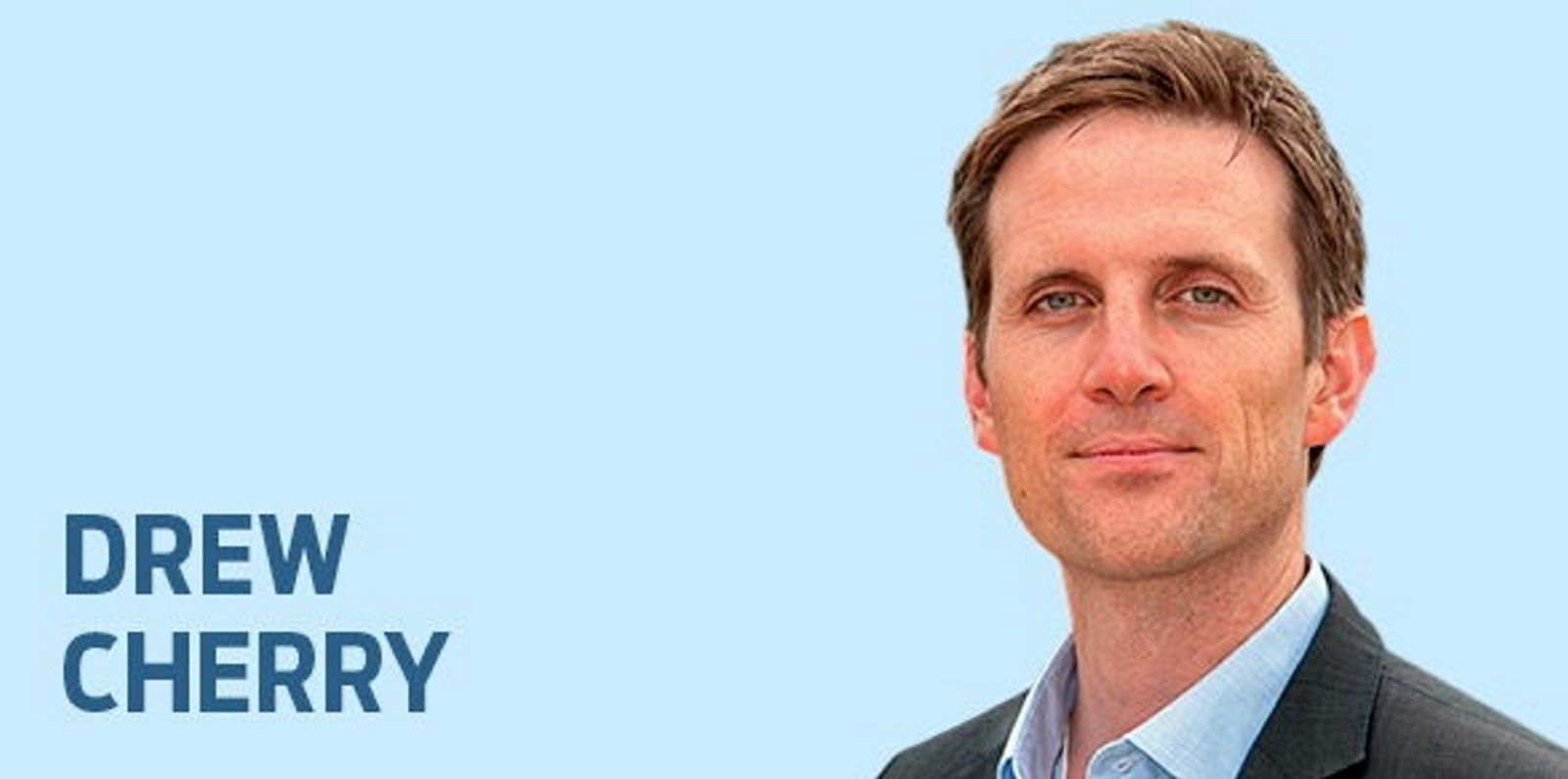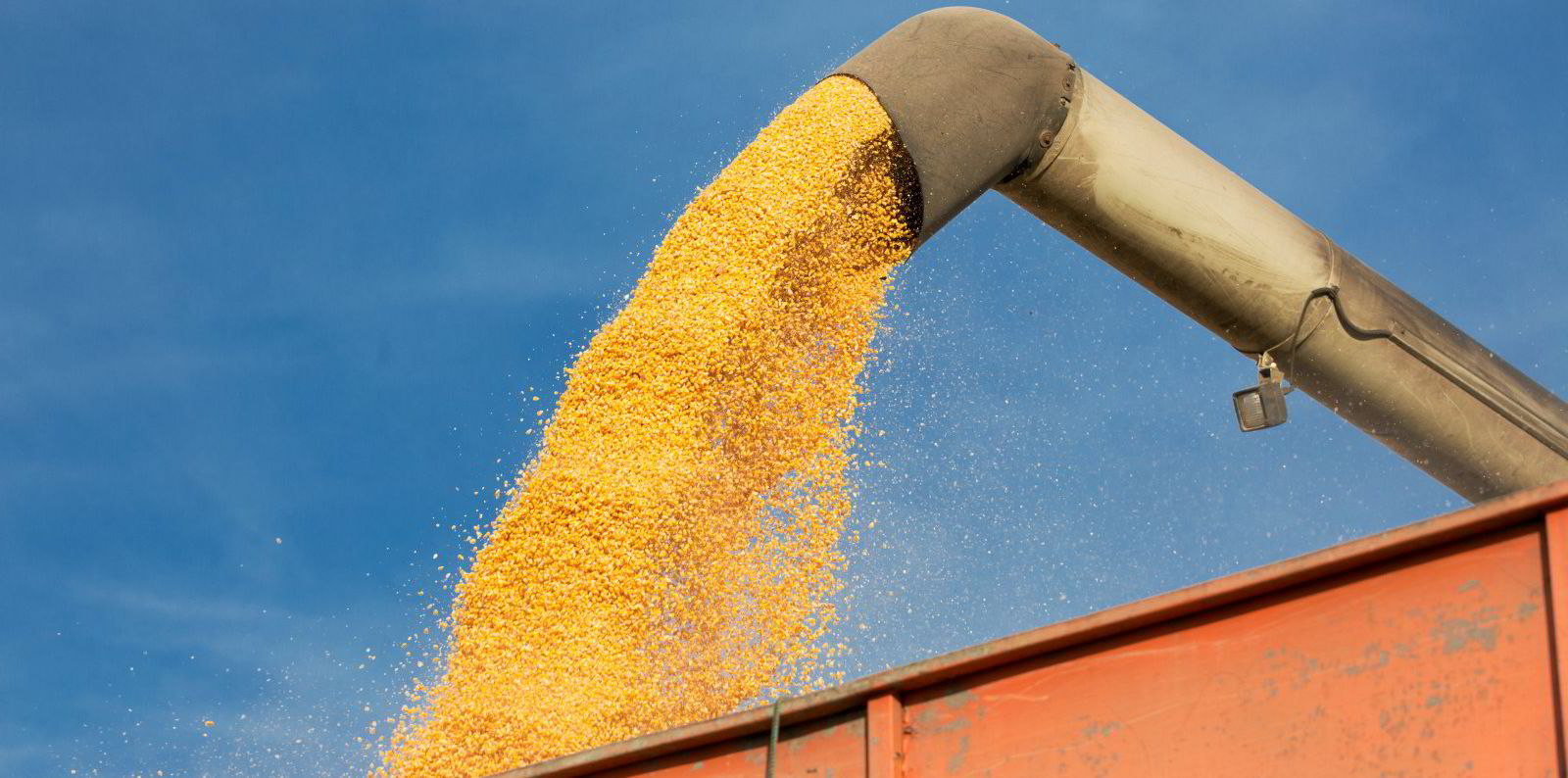Skretting, the world's largest aquaculture feed producer, is welcoming efforts by the European Union to crack down on illegal soy, particularly from Brazil, but is warning of potential unintended consequences in the highly complicated supply chain.
The ban on soy, coffee cocoa, wood and palm oil from deforested areas as well as derivatives such as chocolate, leather and furniture would still need to be approved by EU lawmakers.
Skretting, which previously set a goal of being 100 percent deforestation-free by 2025, said it applauds governmental support for such a target.
Executives say they feel the weight of responsibility of ensuring the company's value chain meets the sustainability, compliance and integrity standards established in its code of conduct.
While insisting that his company doesn't walk away from social and environmental challenges, Skretting Procurement Director Robert van den Breemer told IntraFish deforestation is a complex issue.
"Albeit with good intentions, if the EU measures limit the availability of sustainable soy to the market, then it will present a challenge for the entire industry to come up with alternatives," van den Breemer said.
"Diverting soy away from discerning markets such as the EU may increase sales volumes to markets with lower environmental standards, possibly resulting in limited change to end deforestation."
Skretting's legal team will be scrutinizing the EU proposals carefully to evaluate its intended actions, van den Breemer added.
COP 26 adds new urgency
The EU announcement comes three weeks after more than 100 nations, including Brazil, pledged to end global deforestation at the COP 26 climate conference in Glasgow, Scotland, which concluded last weekend.
The new rules would put the onus on exporters to prove their products are not from deforested areas, and oblige importers to carry out strict due diligence to ensure the traceability of goods.
The EU takes a very dim view of the actions of Brazil's far right President Jair Bolsonaro, who since coming to power in 2018 has tacitly encouraged the growth of deforestation to make way for cattle ranches and logging in agricultural states where he has strong support.
In recent years, salmon feed producers Skretting, Cargill Aqua Nutrition, Biomar and Mowi have joined forces with ProTerra and Brazilian soy producers to take responsibility outside of the salmon value chain as part of the Aquaculture Dialogue on Sustainable Soy Sourcing from Brazil group.
The letter followed a campaign by Brazilian farmers to end a ban trading firms put in place on buying soybeans from parts of the Amazon rainforest cleared after 2008.
Signatories included nearly half of the global salmon farming sector, including Grieg Seafood, Cermaq, Leroy, Mowi, Bremnes Seashore, Nordlaks, Nova Sea, Multi X, Scottish Sea Farms and Biomar.
Read more
- Raw material shortages cost High Liner millions in third quarter sales volume
- Insurers becoming more willing to cover the risk of shipping seafood, but at a cost
- Birds Eye, Iglo parent warns inflation will force price hikes in 2022
- UK food industry demands COVID 'Recovery Visa' to help quell labor shortages
